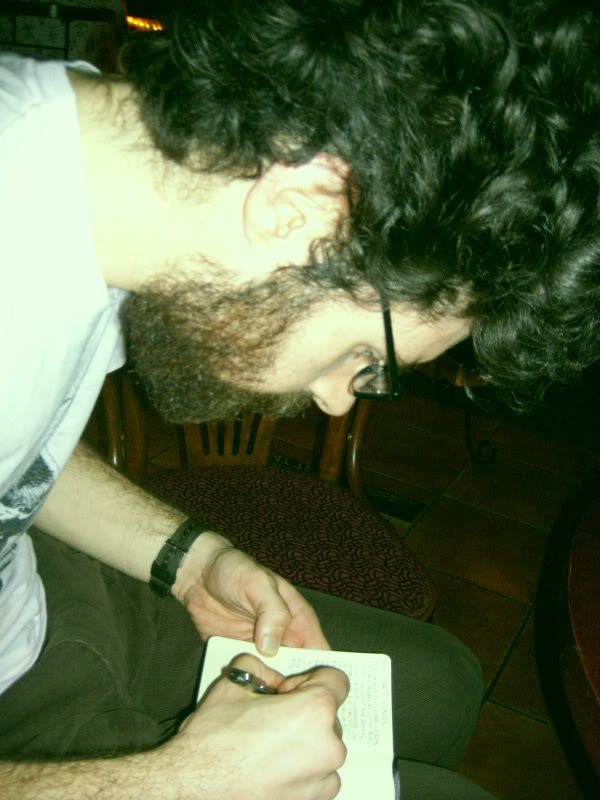Author's note: this is a short rant limited by time, hunger, and amount of insightful things to acutally say about the topic.
Maybe what I was most excited about getting out of China for was the escape from blocked internet sites. Not that BBC News is really that much better than or different from the New York Times, or that I really have to use Wikipedia all that much, or that I actually need to read the blog I just wrote, but it's annoying. The first day I arrived in Vietnam, I read what BBC had to say about what was going on, and I definitely took a look at my blogger blogs. It felt good.
I don't know if it is the particular internet cafe I am now at, but I can no longer look at either of my blogger blogs (just like China, I am still free to post, just not to read). It seems outlandish that someone actually found out that I was writing about Vietnam and then blocked my blogs in this country, but that seems to be what has happened. I made friends with a teacher living in Ho Chi Minh City, and he is sure that your email gets read here (not that that doesn't happen in America though), and that you can be subjected to police action depending on what is in your email.
We also got into discussing Korea, which has a totally open policy towards information and education, and yet demonstrates an incredible consistency of ideas and opinions in its populace. There seems to be no sense in limiting or attempting to control what information people have access to. People can always circumvent laws and restrictions. It seems like you can allow people to read think, say and feel whatever they want to, while still guiding their ideas in a certain direction. I have long thought that this is the case in America, where freedom of speech in no way ensures that the majority of people still don't get erroneous information from what is essentially State TV (also known as Fox News).
All I'm really getting at here in this rant is that censorship is ineffective and just plain irritating, while subtle directing and controlling of public opinion can take place very easily in countries without rampant, official or obvious censorship.
10/5/07
Subscribe to:
Post Comments (Atom)

No comments:
Post a Comment